Research Topic
The Cancer Genetics research group focuses on the molecular mechanisms of the development and progression of cancer. Attention is paid to DNA damage and repair, the two crucial factors of genome stability maintenance. The repair of clinically relevant DNA damage types, such as those induced by cisplatin (CDDP), is of primary interest. Testicular germ cell tumors (TGCT) represent a model malignancy for understanding the mechanisms of sensitivity and resistance to CDDP. Another malignancy studied is bladder cancer, where CDDP-based chemotherapy mostly in combination with gemcitabine, is the standard of care.
Resistance to CDDP in TGCT is further studied at the level of hypoxia-mediated regulation, post-transcriptional regulation by microRNAs, as well as the phosphorylation/dephosphorylation processes involved in controlling DNA repair pathways. In parallel, the role of mitochondria, the architecture of the mitochondrial network, alterations of the mitochondrial genome, and metabolic plasticity associated with the cellular response to CDDP, are also investigated.
Changes in iron (Fe) transport or in its regulation may also significantly influence the response of tumor cells to CDDP. We characterize the regulation of Fe transport and homeostasis in the above-mentioned malignancies and investigate the impact of its deregulation on DNA damage induction, cellular metabolism, and the development of CDDP resistance.
The role of the gut and tumor microbiome in cancer patients is also investigated. Microbial biomarkers that may be associated with the development and progression of cancer disease and response to treatment are identified. The composition of the tumor microbiome and the impact of probiotic supplementation on chemotherapy-related toxicity are also studied. The goal is to gain deeper understanding of the role of the microbiome in cancer patients, which may contribute to the development of more personalized and effective treatment strategies.
Finally, attention is also paid to testing chemical compounds for their potential carcinogenic/anti-carcinogenic activity, as well as testing newly developed potential chemotherapeutic agents.
Photo Gallery
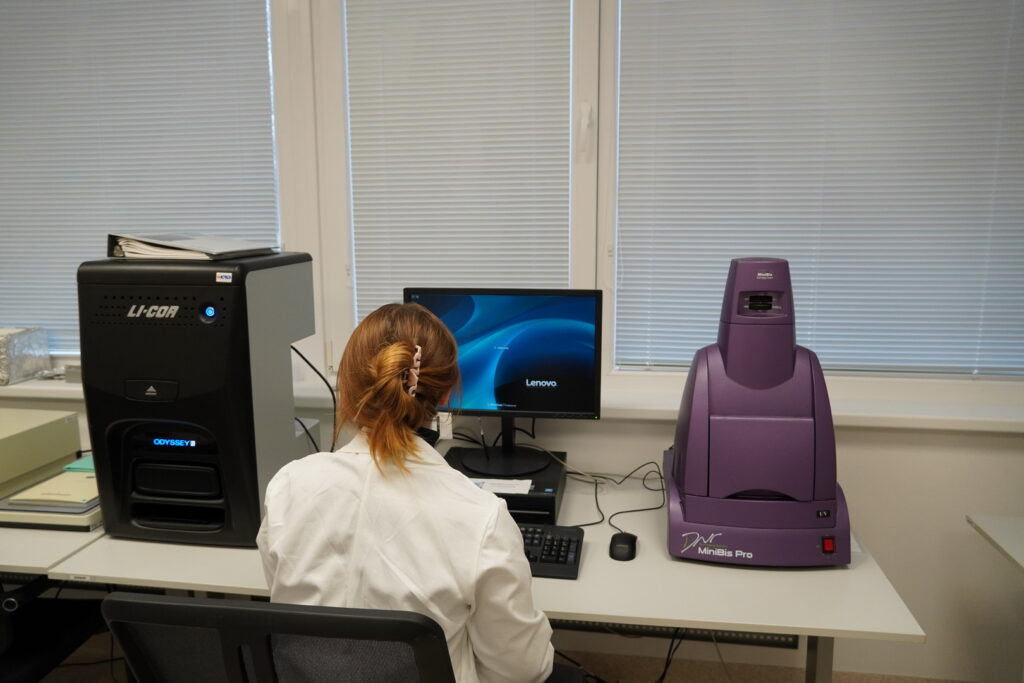
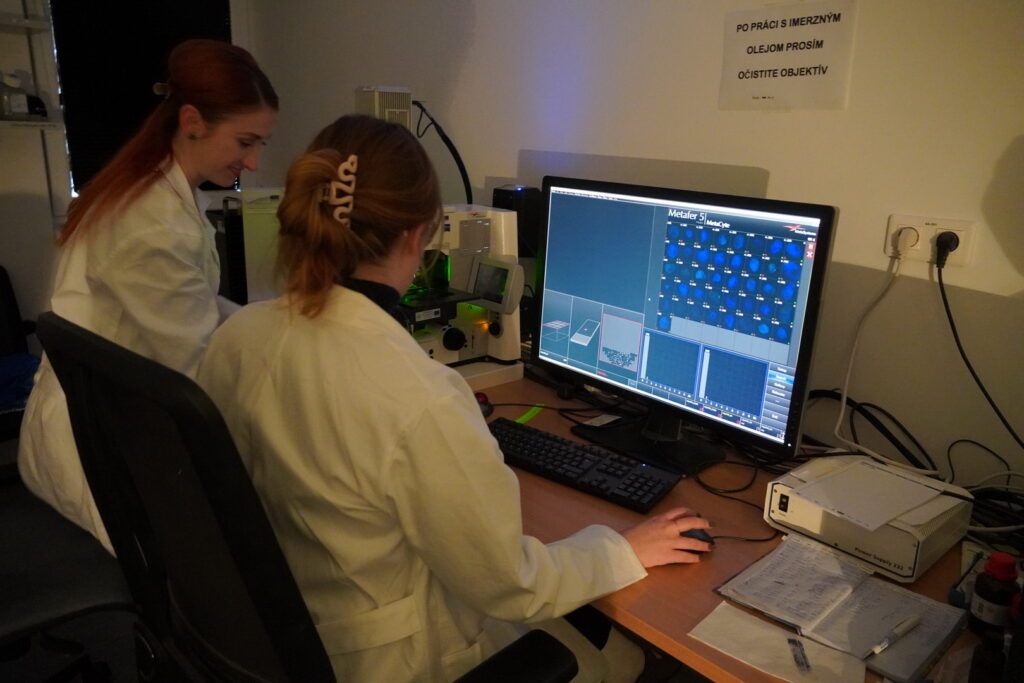
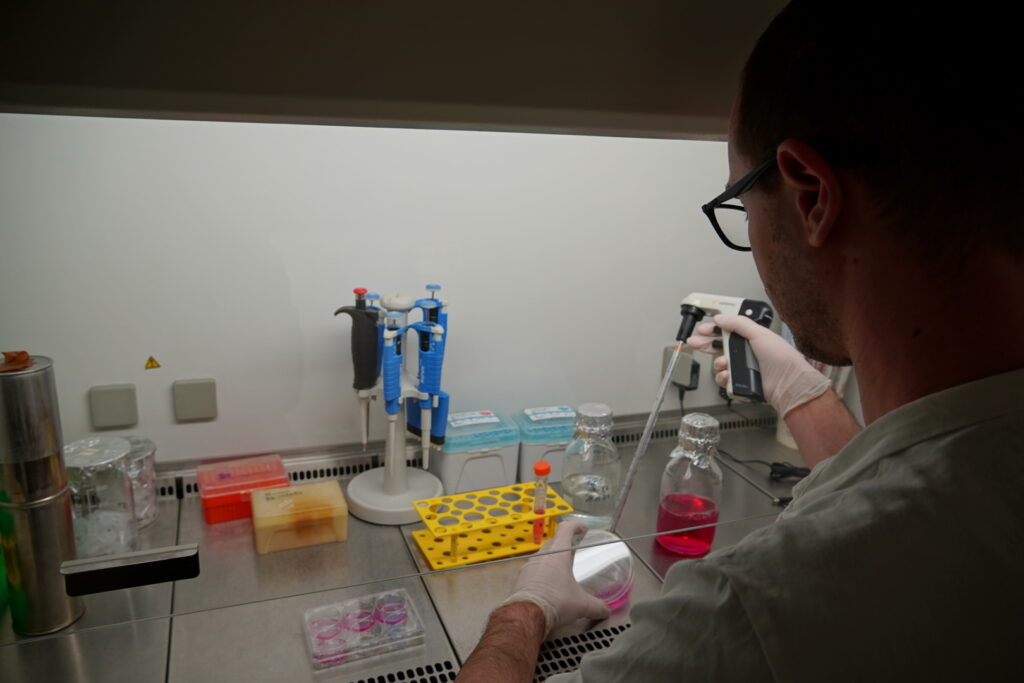
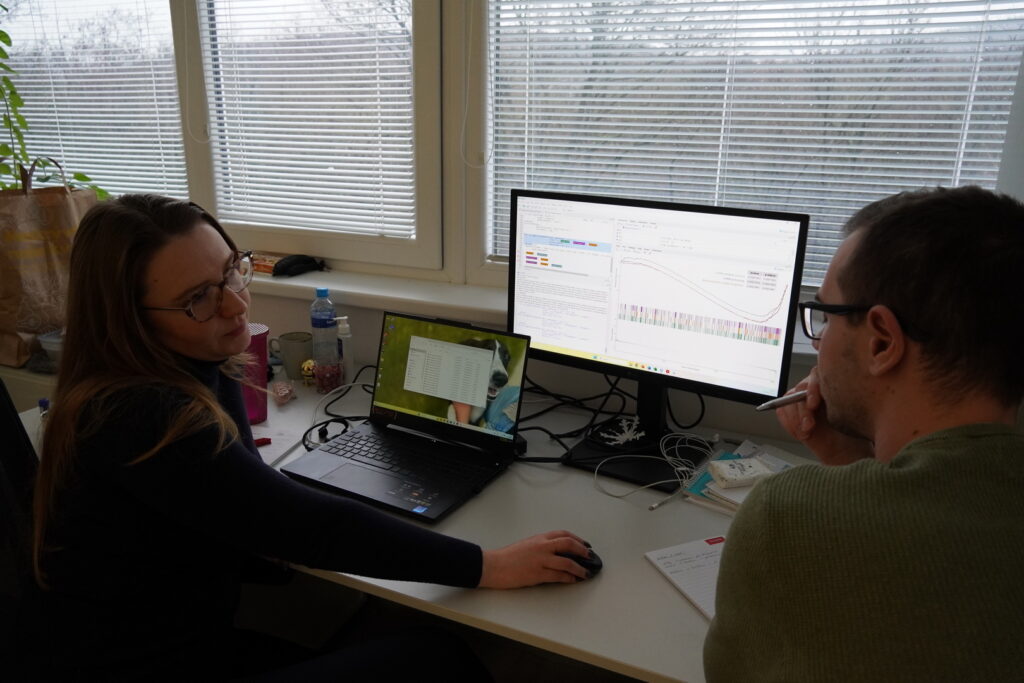
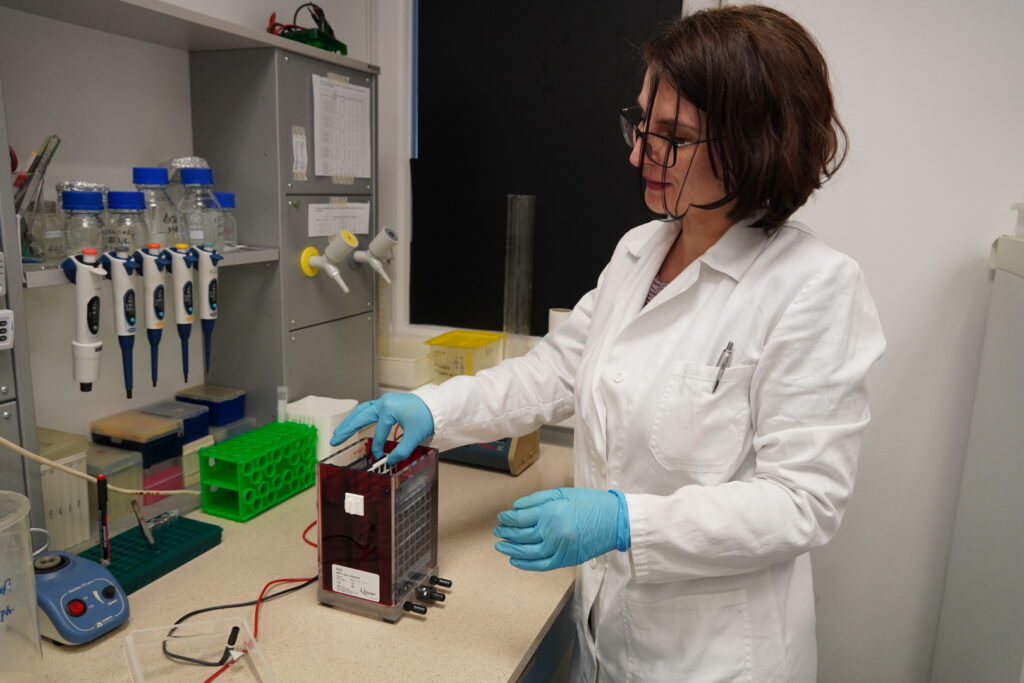
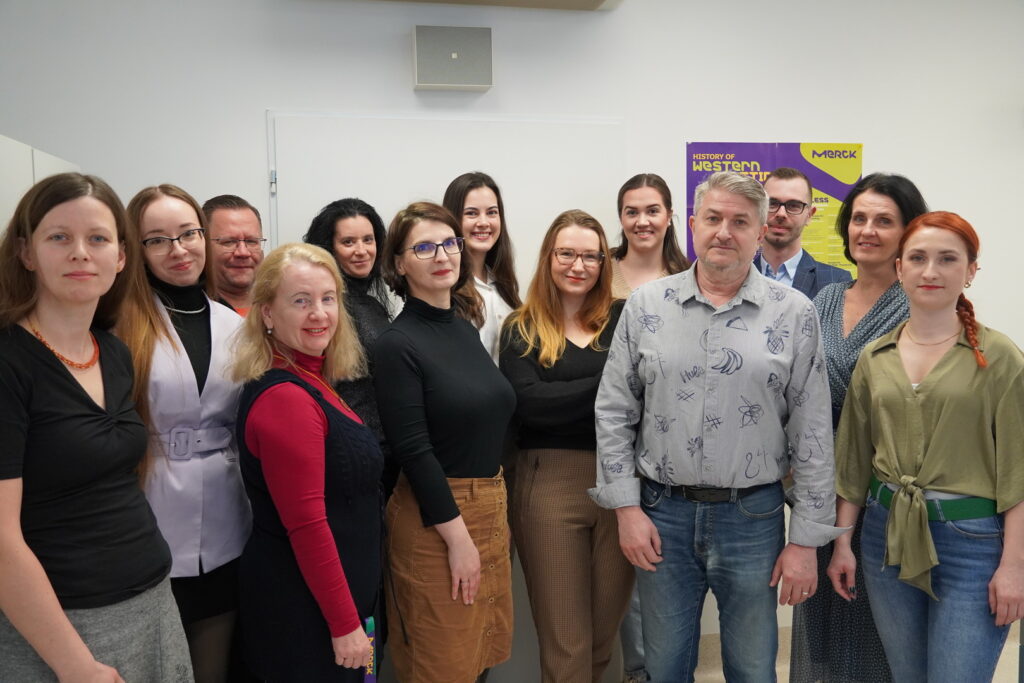
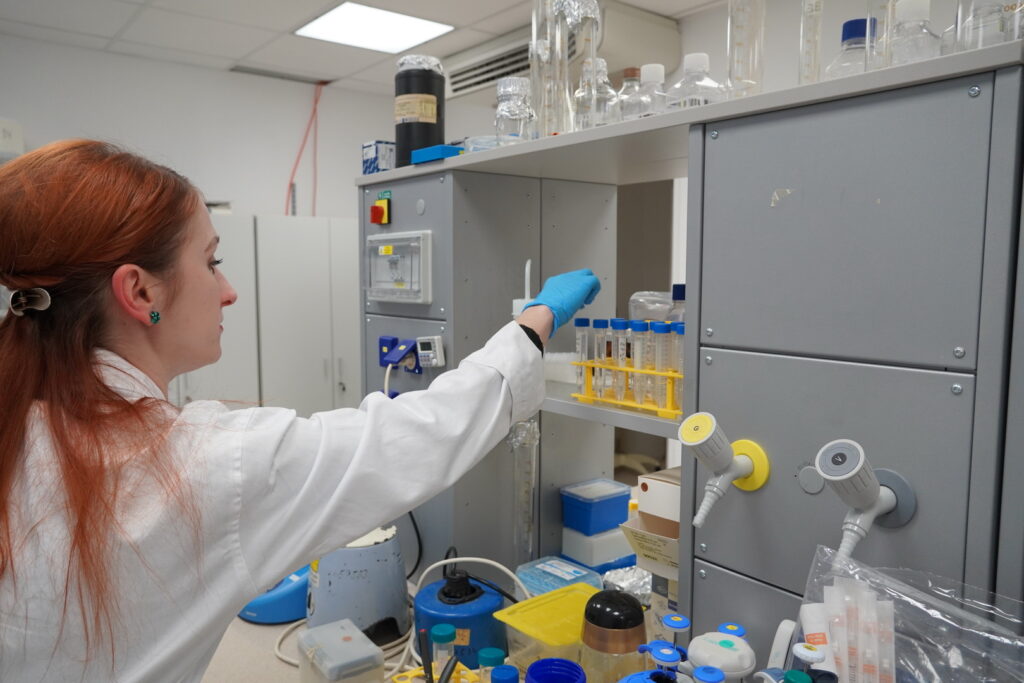
Head of the Research Group
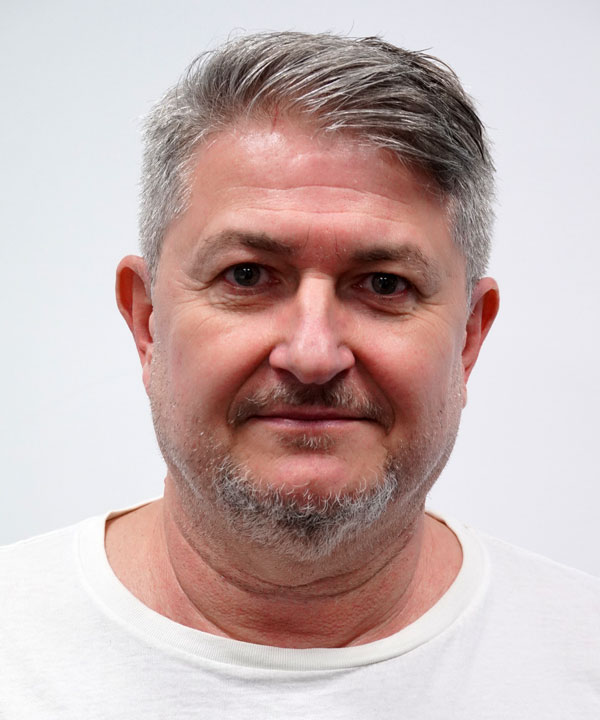
Dr. Miroslav Chovanec studies the role of DNA damage and repair in the development and progression of cancer, as well as in predicting prognosis and treatment efficacy. He worked at the Stockholm University in Sweden and the Sussex University in the UK thanks to prestigious fellowships he obtained. He received several awards, including the Slovak Minister of Education, Science, Research and Sports prize in the category of the Slovak Science and Technology Personality of 2013. He is the director of the Cancer Research Institute, BMC SAS.



